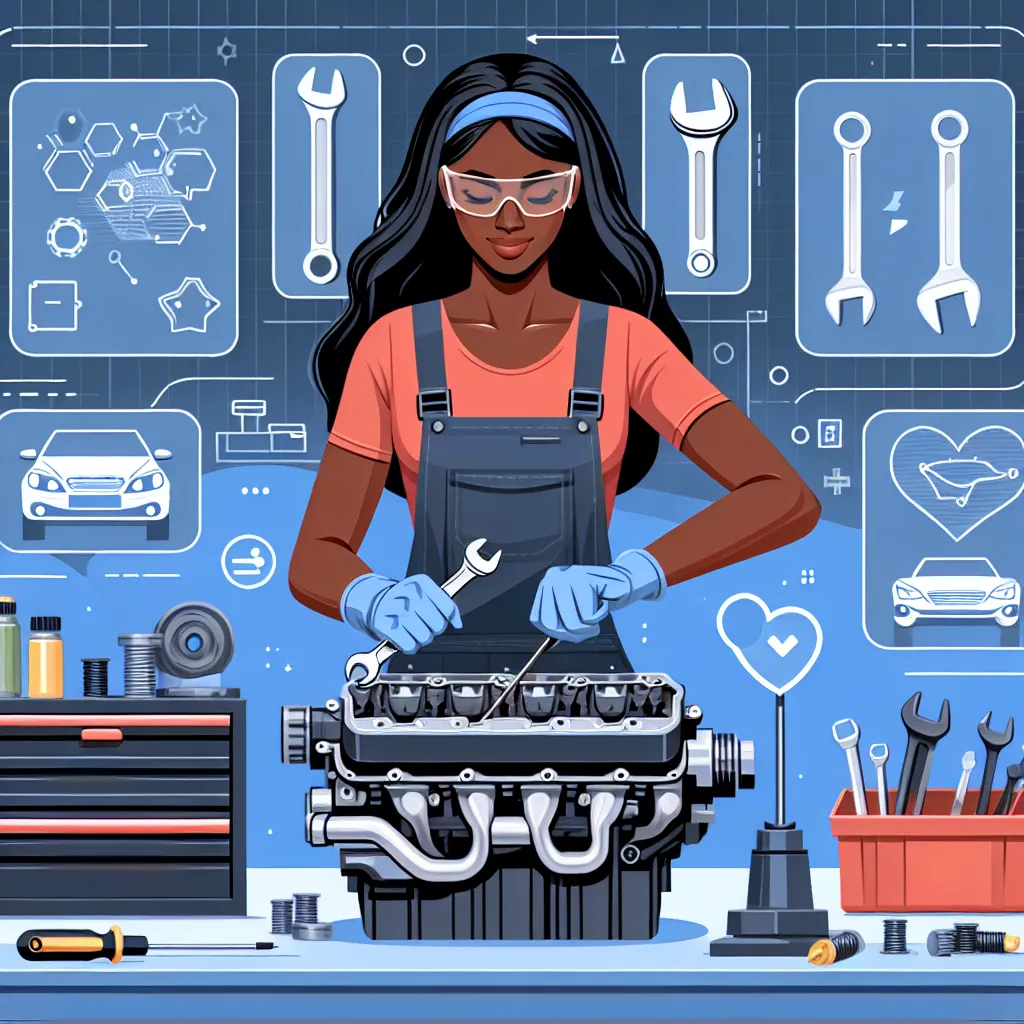1. Regular Oil Change
One of the most important things you can do for your engine is to ensure it gets regular oil changes. Oil lubricates the engine's parts, reducing friction and preventing overheating. When left unchanged, oil can develop debris and lose its viscosity, leading to engine damage. As a general rule, consider changing your oil every 3,000 to 5,000 miles, or as recommended by your vehicle's manufacturer.
2. Keep Your Engine Clean
A clean engine is an efficient engine. Over time, dirt and debris can accumulate in the engine, causing it to work harder and leading to more wear and tear. Regular engine cleaning can help identify potential issues early, prevent buildup of grime, and keep your engine running smoothly.
3. Change Air Filters Regularly
Air filters play a vital role in maintaining the health of your engine. They help keep dirt, dust, and other pollutants from entering the engine's internal components. A dirty air filter can result in reduced fuel efficiency, engine damage, and decreased performance. Check your air filters regularly and replace them as needed to ensure optimal engine performance.
4. Regularly Check and Replace Spark Plugs
Spark plugs are a key component of your engine, responsible for igniting the air-fuel mixture in your engine's combustion chamber. Worn out or faulty spark plugs can lead to engine misfires, reduced power, and lower fuel efficiency. Experts recommend checking your spark plugs every 30,000 miles and replacing them if necessary.
5. Maintain a Healthy Cooling System
Overheating is one of the most common causes of engine damage. A well-maintained cooling system, including the radiator, coolant, and water pump, is crucial to prevent your engine from overheating. Regularly check for leaks, monitor coolant levels, and replace any worn-out components promptly to ensure your cooling system is functioning properly.
Conclusion
Regular engine maintenance is essential to keep your vehicle running smoothly and efficiently. By following these expert tips, you can avoid costly repairs, extend your vehicle's lifespan, and enjoy a more reliable and efficient ride. Remember, preventative care is always more cost-effective than repairs, so take the time to care for your engine today.
